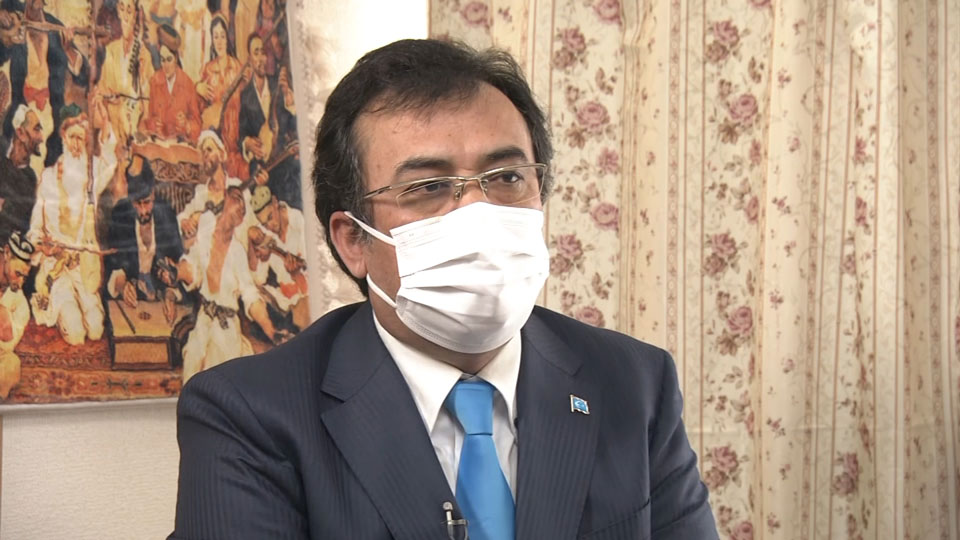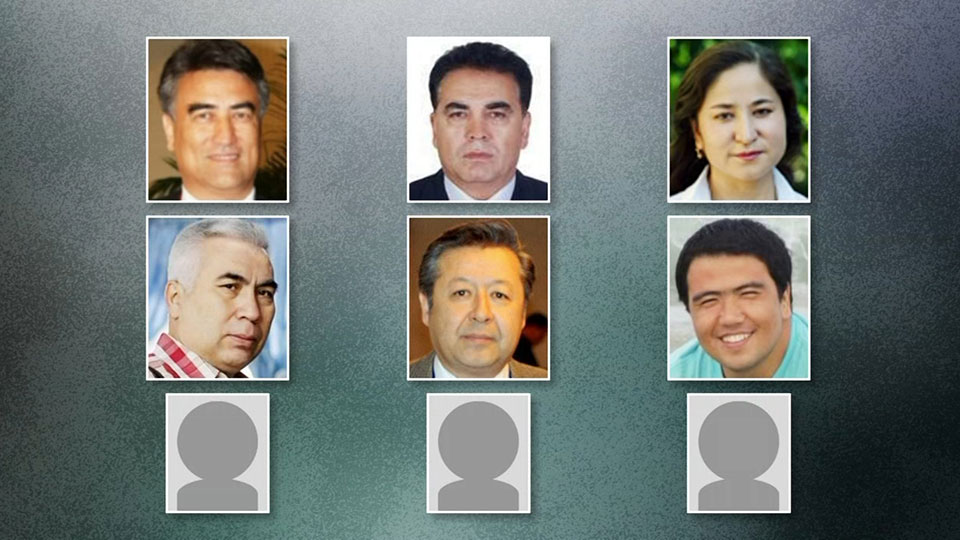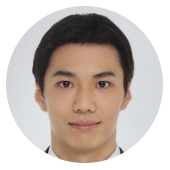Abduqadir Jalalidin attended university in central Japan in 2002. He subsequently became well-known as a poet and took up a role as a professor at Xinjiang Normal University, in the Xinjiang Uygur Autonomous Region of northwest China. He was taken from his home by Chinese security agents in 2018 and has not been seen since.
When her father vanished, Bulbulnaz, now 30, was studying in Turkey. But with China’s growing influence there, she began to worry about her own safety. She moved to Japan, where she had lived with her father when she was a child.
“In my opinion, he was never political and knows how to keep a distance from sensitive issues,” says Bulbulnaz. “His main focus was academic. I remember people respecting him and they loved to spend time and have a conversation with him.”

She was one of the speakers last month in a webinar on Missing Uyghur Intelectuals co-hosted by Japan Uyghur Association and Human Rights Now. Participants discussed the plight of the missing Uyghur intellectuals and resolved to approach Chinese and Japanese authorities to seek help confirming their whereabouts.
“Sometimes I feel like no one is actually hearing our voice. I feel like we are all alone here,” says Bulbulnaz. She is speaking up on behalf of her father because she sees support from the international community as the only hope to secure his freedom. “I recall my father sitting among mountains of books. He is a man of letters, but is being treated like a criminal.”
One of Jalalidin’s former students also lives in Japan. Muhtar Abdurahman owns copies of the professor’s Uyghur translations of “The Republic” by Plato and “The Prince” by Niccolo Machiavelli. Jalalidin rose to prominence as the first person to translate these classics of western philosophy into the language, and Abdurahman believes this status within Uyghur intellectual circles is why he was detained by the authorities.
“I think the goal of the Chinese government is to turn them into a people without an elite, and in doing so, make the Uyghurs powerless,” says Abdurahman, who studied at Xinjiang Normal University.

Members of Japan’s ruling Liberal Democratic Party received a briefing last month from Japan Uyghur Association about the human rights situation in Xinjiang. The association’s vice-chair, Afumetto Retepu, says at least nine intellectuals who have studied in Japan are among the vast number to have disappeared.
When Bulbulnaz moved to Japan in 2019, she brought along some cherished possessions. Among them are books authored by her father, including one about the life they enjoyed in Japan two decades ago. It describes Japanese society and culture, and the importance of knowing the world beyond one’s own borders.
A Uyghur language textbook used in Xinjiang schools includes quotes from the book, including: “Humans need to go beyond the mountains and valleys...and tear through the scenery that fills their view. Otherwise we will never find anything, even though we can see.”

Textbooks like that are a matter of concern for Beijing. Chinese state television aired a documentary this month about convicted education officials from Xinjiang. One of them was shown making a confession that “the primary school Uyghur textbooks are full of Pan-Islamism and Pan-Turkism. That incites separatism among children.”
The documentary reflects the Chinese government's belief that textbooks should prioritize assimilation – an approach being promoted in the so-called vocational training centers where people like Abduqadir Jalalidin are thought to be interned.


